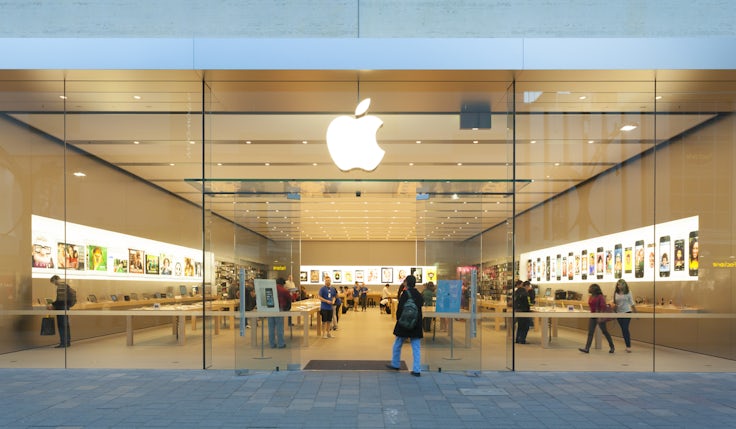Man United learns to play global hardball
Man Utd’s mold-breaking alliance with the Yankees has captured the industry’s imagination. But is it a leap too far for the Premiership side?
The mould-breaking partnership announced last week between the New York Yankees and Manchester United has one sports marketer enthusing that “it could be one of the greatest business deals of all time.” Industry observers say it is another step in Man United’s quest for global domination.
Rumours that the deal could be worth &£1bn have been denied by Manchester United, as has a merger between the two clubs. Instead Man United insists the deal is a marketing partnership with no money changing hands.
Man United chief executive Peter Kenyon says: “It is a marketing alliance. We are looking at it with a view to potential sponsorships. This is an opportunity for marketing merchandise with the Yankees.”
But Sean Jefferson, managing director of Arena International, calls it a “ground-breaking” deal.
“This could be one of the great business deals of all time because it shows others the way,” he says. “They have made the next leap of the imagination.”
He adds: “Man United has been criticised, but if Juventus had announced a similar deal it would have been viewed differently.”
The Yankees and Man United have a lot to gain from the partnership. The Yankees can give advice to the UK football club on how to conquer North America. In return Man United can give the Yankees a helping hand to break into Asia – where the Premiership champions already has a strong fan base.
Man United has plans to open more of its Red Café outlets in the Far East. It opened the doors of its first &£1.9m café in Singapore last December, and plans to open more later this year.
In the short term, the clubs say they want to sell their branded goods rather than their games through the partnership, although in the long term they aim to sell their sport too.
It seems that all is rosy for Man United, but there are still problems on the horizon. The world’s richest football club has seen its shares slump by more than a third in the past six months. This is mainly down to the uncertainty surrounding the future of the European transfer system.
Under the present system, Man United can get about &£25m for its star player David Beckham if he were sold under contract to a rival club. But if the UK is to take its lead from EU law, the transfer system will need a complete overhaul, and transfer fees would be abolished. Beckham, who is a major asset to the club, would then go for free.
A compromise is expected on February 14 when football’s governing bodies Fifa and Uefa meet. But the uncertainty has made people wary of investing in the club.
Added to this is the fact that Sir Alex Ferguson, the clubs most successful manager, who has been at the helm for 14 years, is leaving at the end of next season.
Matthew Patten, a sponsorship expert at M&C Saatchi, says: “It’s no surprise Manchester United’s wealth is linked to its performance. It is unquestionably Europe’s leading sports brand. But what will happen when Ferguson retires?”
There are also fears that televised football, especially matches between the top European teams in the Champions (sic) League, has reached saturation point. Viewing figures are levelling off, and there are question marks over the future performance of pay-per-view TV.
To add to Man United’s woes, its Red Café in Singapore is not doing as well as expected and its merchandising operation is only performing “satisfactorily”.
Executives from both clubs have been working on the partnership for the past 12 months and the announcement will no doubt have been made with stock market confidence in mind.
Patten says: “It’s very timely. It’s an announcement that is pitched to the City and to a certain extent Wall Street – it shows that Manchester United is an active brand. This is not an announcement that has the fan in mind.”
Indeed some fans feel they are being betrayed by a club which is obsessed with commercial interests.
Paul Richardson, spokesman for the pressure group Shareholders United, believes the 1999 European Champions have gone too far.
Andy Mitten, editor of the fanzine United We Stand, disagrees, believing the club must continue to be innovative in its business ventures, as long as the profits are used to strengthen the team.
Champions World chief executive Charlie Stillitano brokered the deal between the two clubs. He says Kenyon and his counterpart Dr Harvey Schiller from the Yankees owners, YankeeNets, are “visionaries”.
The jury is out on whether this revolutionary partnership will work. If it does, other clubs are likely to follow the blueprint and Man United will go down as business and marketing innovators. If not, the club could be heading for financial disaster, by spreading its business interests too thinly.
Whatever the future holds, this deal is only the first piece of a very complicated jigsaw.



